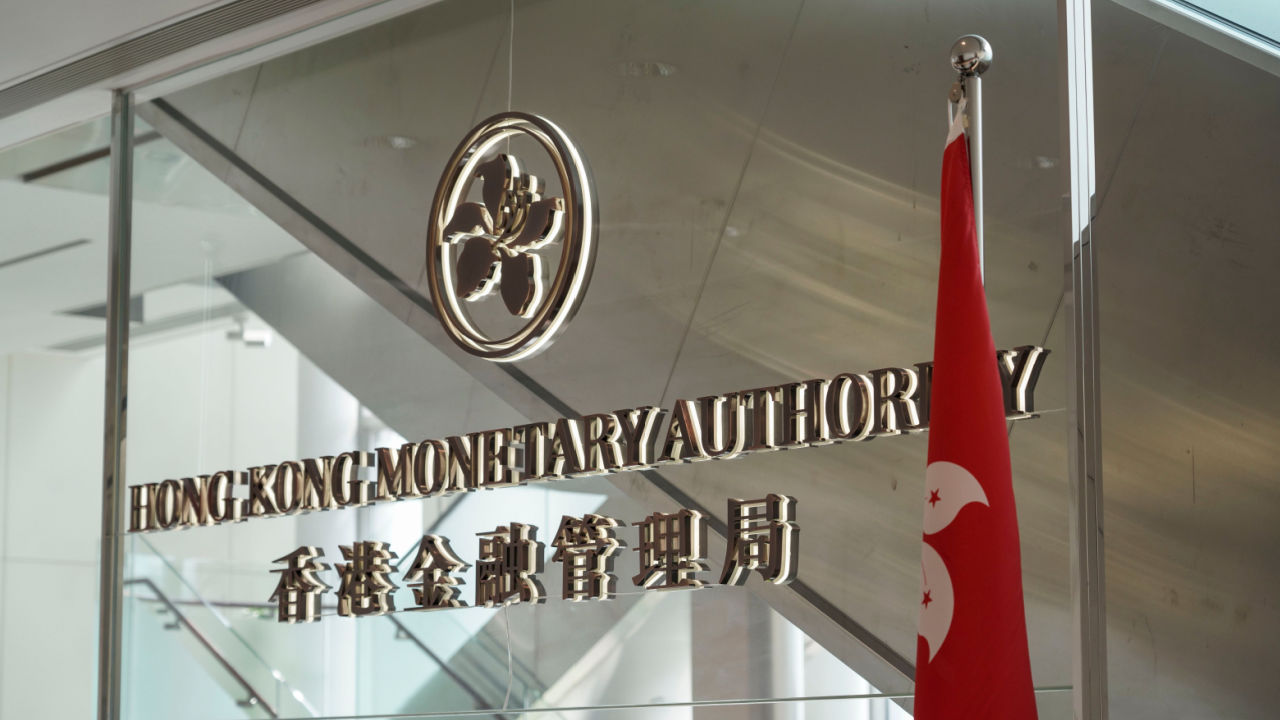Hong Kong to Have Tight Crypto Regulations, Head of Monetary Authority Says – Regulation Bitcoin News
3 min read
Companies attracted by the plan to turn Hong Kong into a hub for digital assets should expect strict regulations, the region has indicated. Authorities are preparing new licensing rules for service providers working with cryptocurrencies and guidelines for banks interacting with crypto firms.
Crypto Hub Hong Kong Has No Intentions to Adopt ‘Light-Touch’ Regulations
Hong Kong’s central banking institution has made it clear that crypto companies enticed by the city’s attempt to establish itself as a hotspot for digital-asset business will not operate under very lax regulations. In an interview on Tuesday, the Chief Executive of the Hong Kong Monetary Authority (HKMA) Eddie Yue elaborated:
Our regulation will be tight. We will let them create the ecosystem here and that actually brings a lot of excitement. But that doesn’t mean light-touch regulation.
On June 1, Hong Kong will launch a new licensing regime for virtual-asset service providers, Bloomberg noted in a report quoting Yue’s statements. The plan is also to allow retail investors to acquire and trade major cryptocurrencies like bitcoin and ether.
The crypto-friendly move is part of efforts by authorities in China’s special administrative region to restore Hong Kong’s credentials as a leading financial center in the aftermath of restrictions imposed in response to the Covid pandemic and political unrest in the territory.
While there has been no change in China’s official policy regarding crypto-related activities, which remain heavily restricted in the mainland, there have been indications that Hong Kong’s push to become a major hub for digital assets has the backing of Beijing.
A report in late March revealed that state-owned Chinese banks are ready to serve crypto companies in the city. Further guidance for providing banking services to clients in the sector are under development, Yue said during the Bloomberg Wealth Asia Summit.
Regulations for the industry have been tightening around the world following last year’s market crash and the collapse of major players such as FTX, a leading cryptocurrency exchange. While the U.S., for example, has been cracking down on businesses with enforcement actions and lawsuits, Hong Kong seems to be moving in the opposite direction.
The city’s crypto guardrails were very tight in the last few years, Yue commented. They have now been lowered to a “reasonable and sustainable level” but they won’t allow the recurrence of any FTX-type event in the city, he emphasized. Hong Kong’s legislative framework introducing the new crypto rules will bring transparency and clarity, Yue insisted in the interview.
Do you think Hong Kong’s new regulations will be favorable enough to attract a significant number of crypto companies to the region? Share your thoughts on the subject in the comments section below.
Image Credits: Shutterstock, Pixabay, Wiki Commons, ADRIAN3388 / Shutterstock.com
Disclaimer: This article is for informational purposes only. It is not a direct offer or solicitation of an offer to buy or sell, or a recommendation or endorsement of any products, services, or companies. Bitcoin.com does not provide investment, tax, legal, or accounting advice. Neither the company nor the author is responsible, directly or indirectly, for any damage or loss caused or alleged to be caused by or in connection with the use of or reliance on any content, goods or services mentioned in this article.
Read disclaimer





